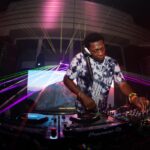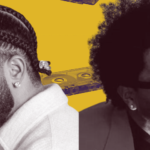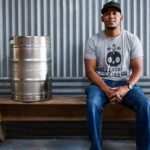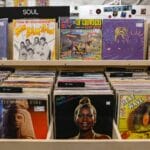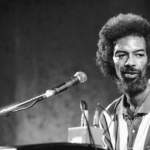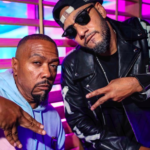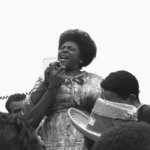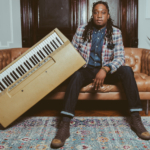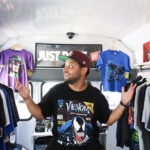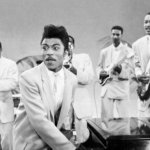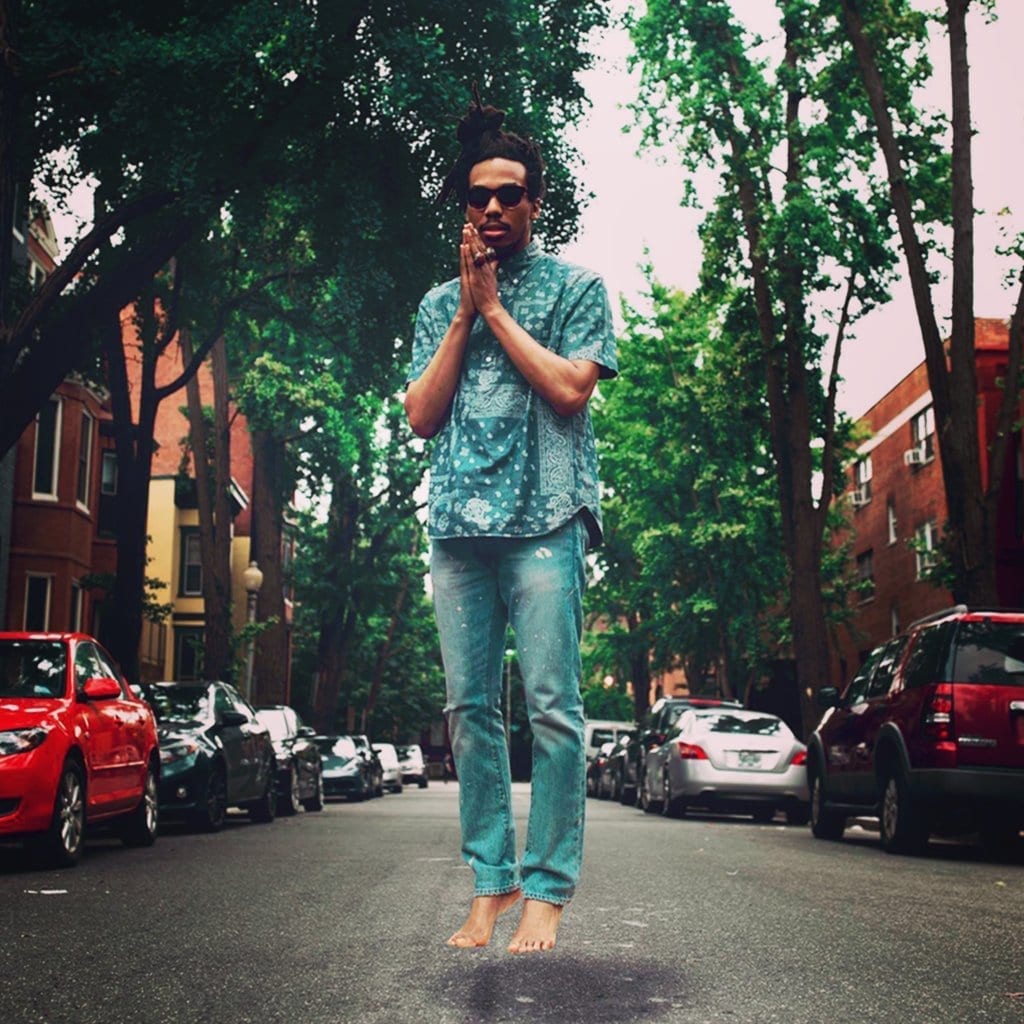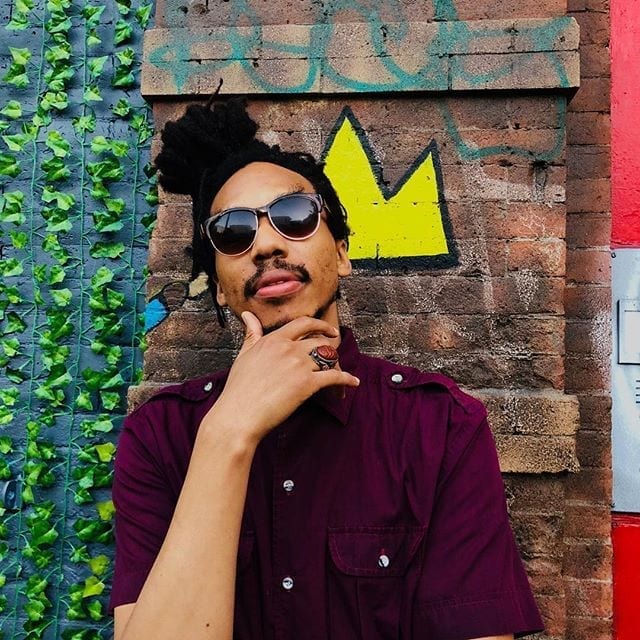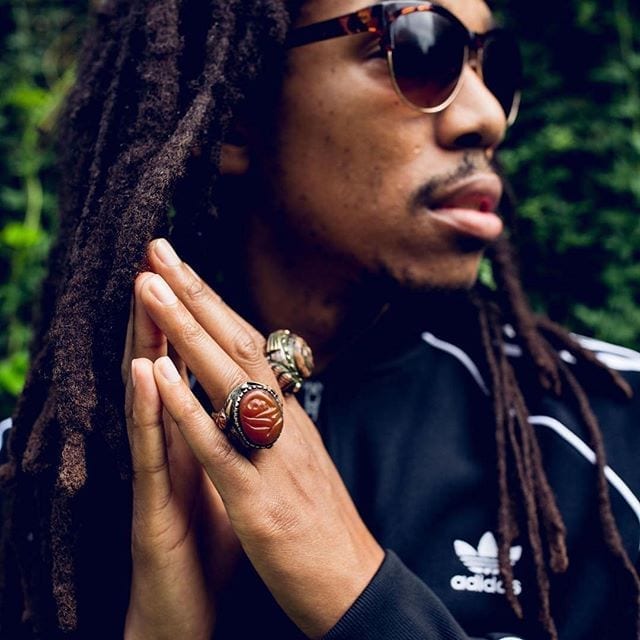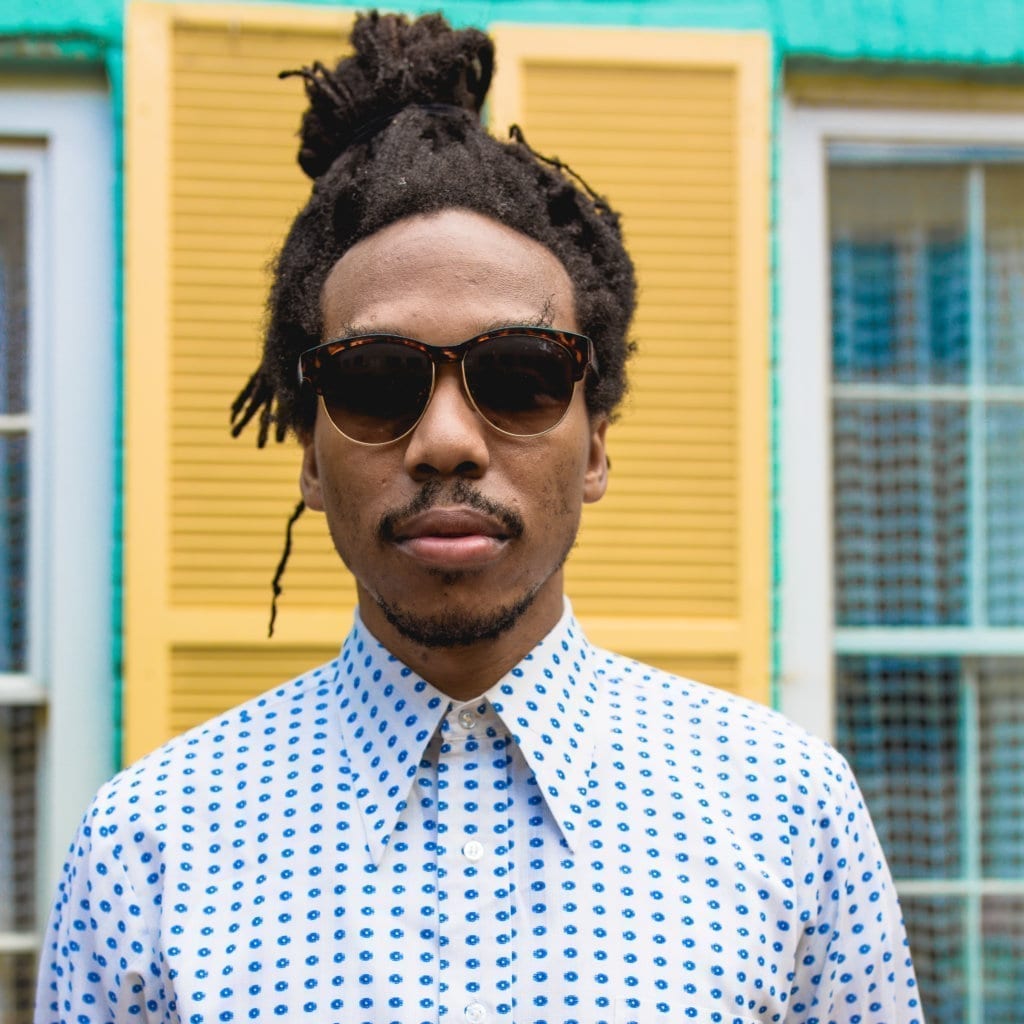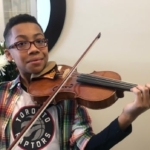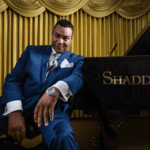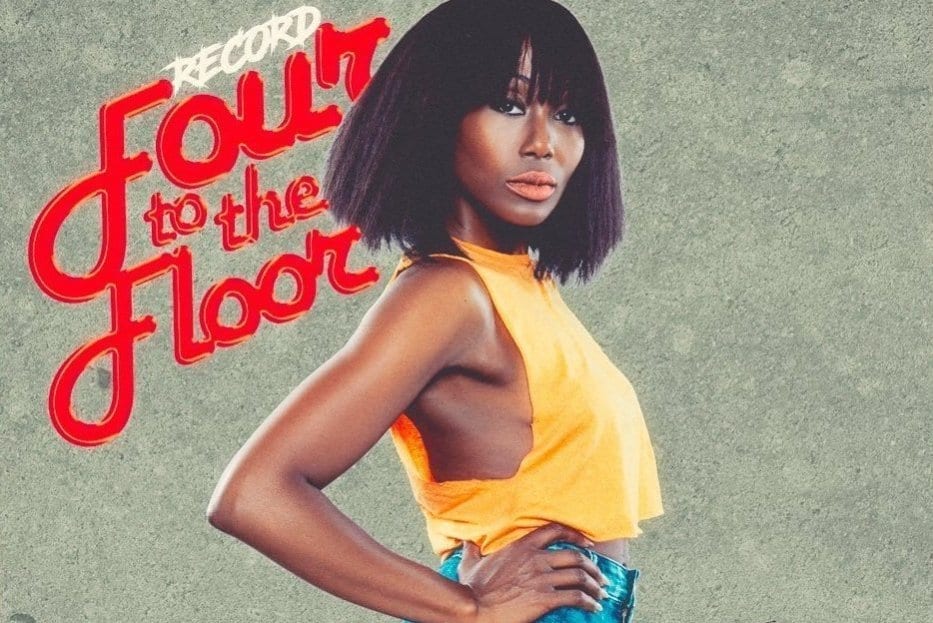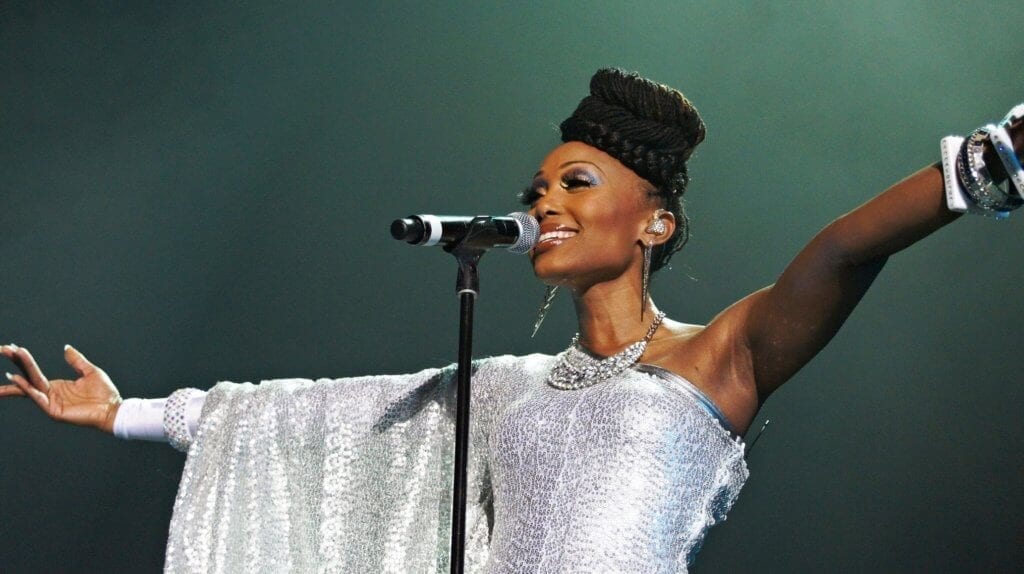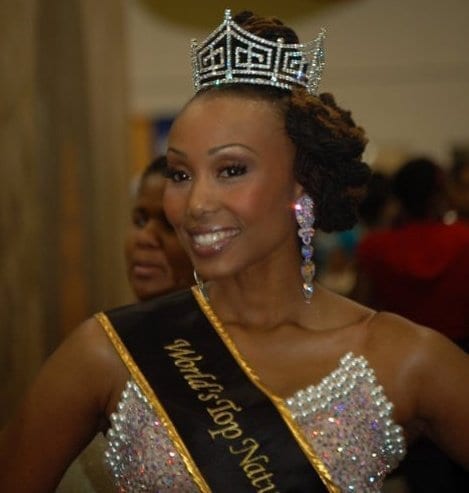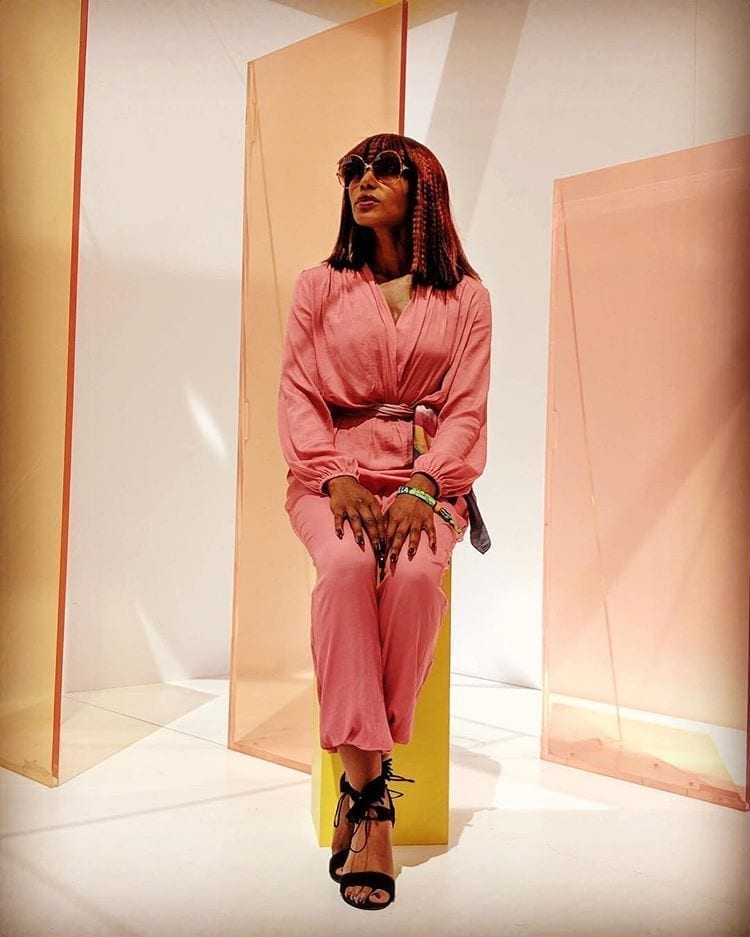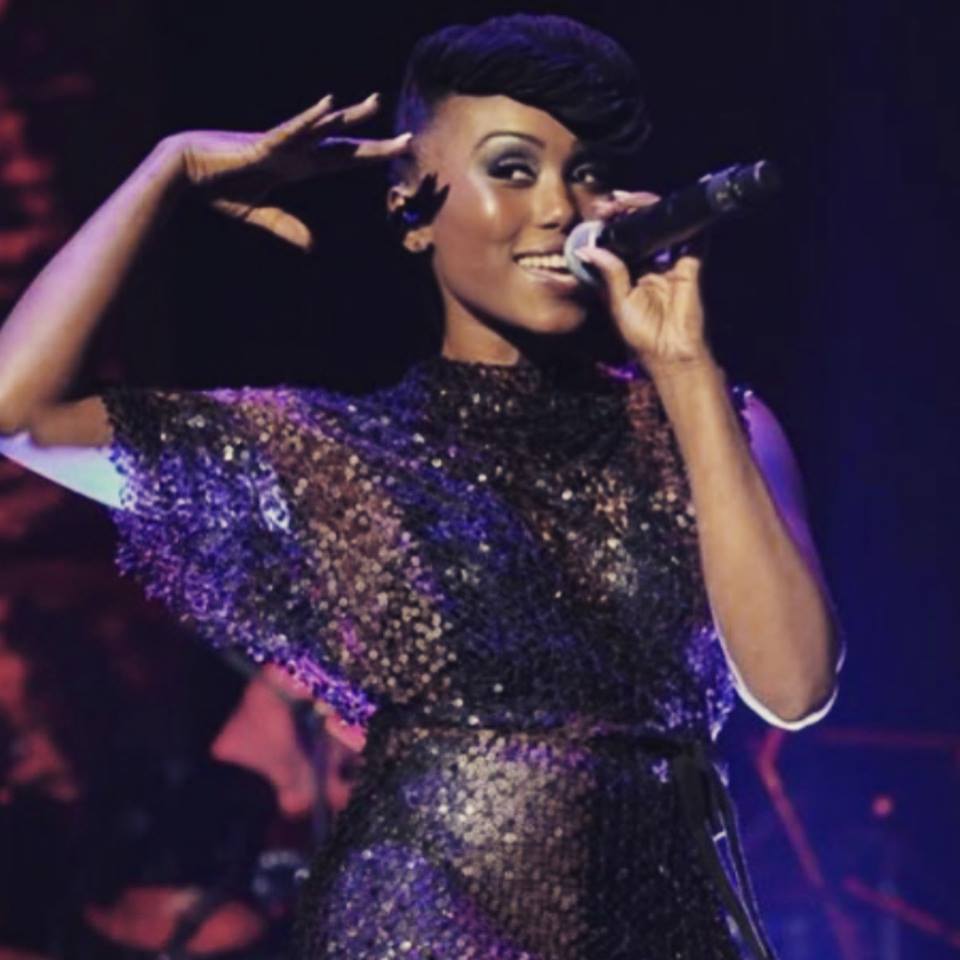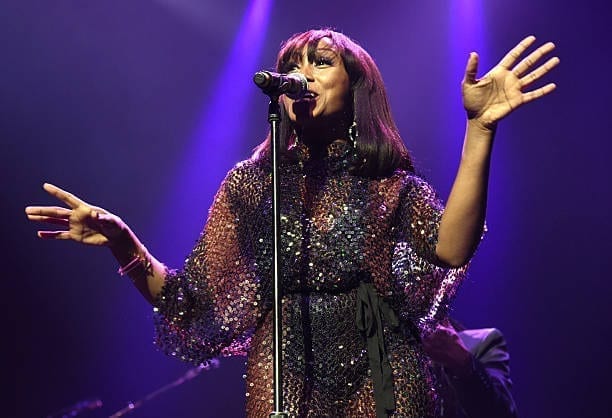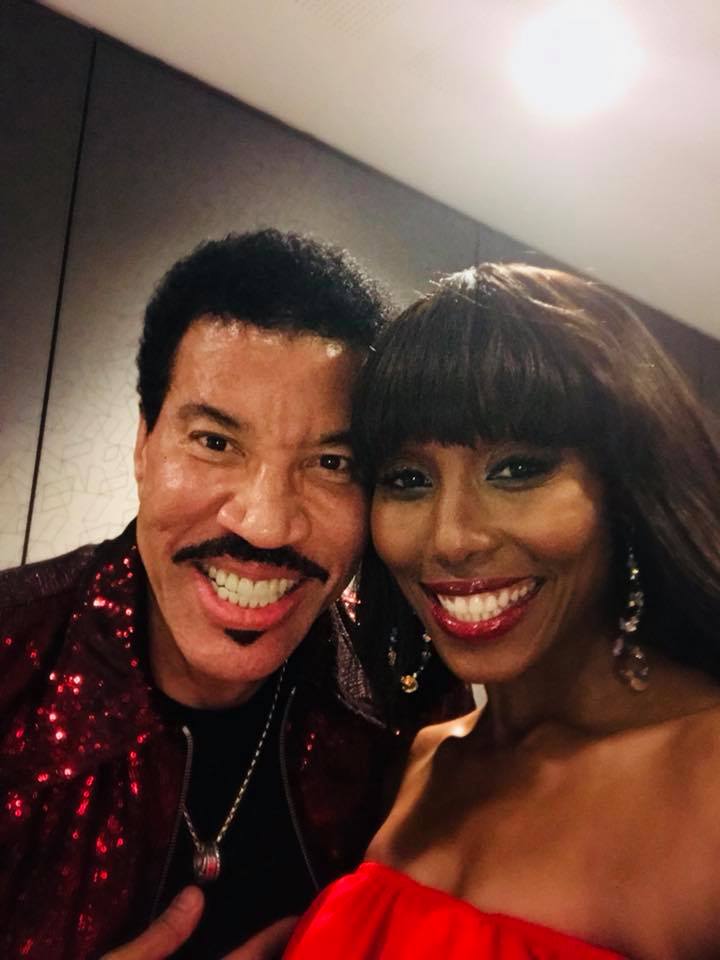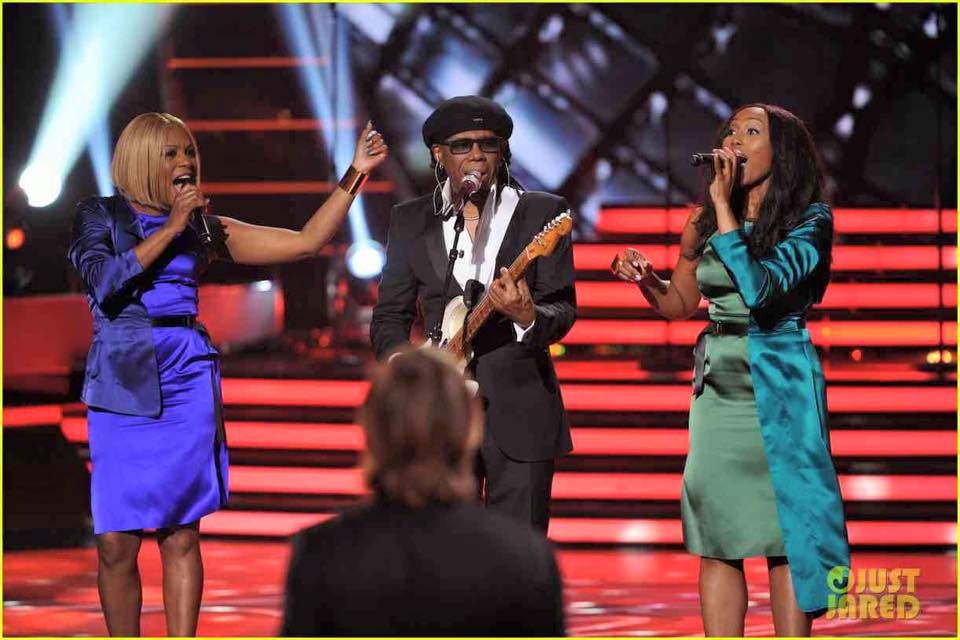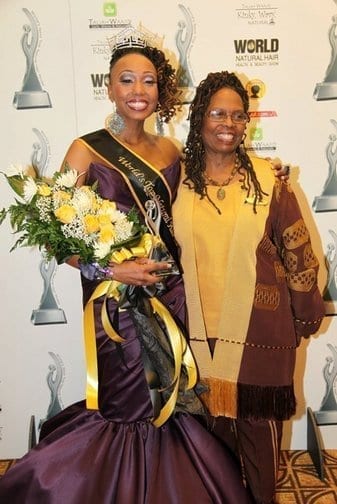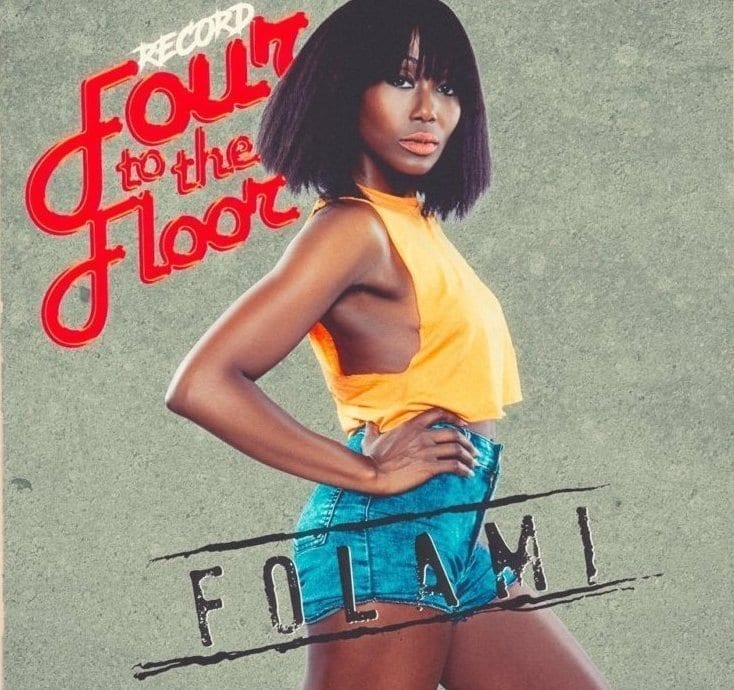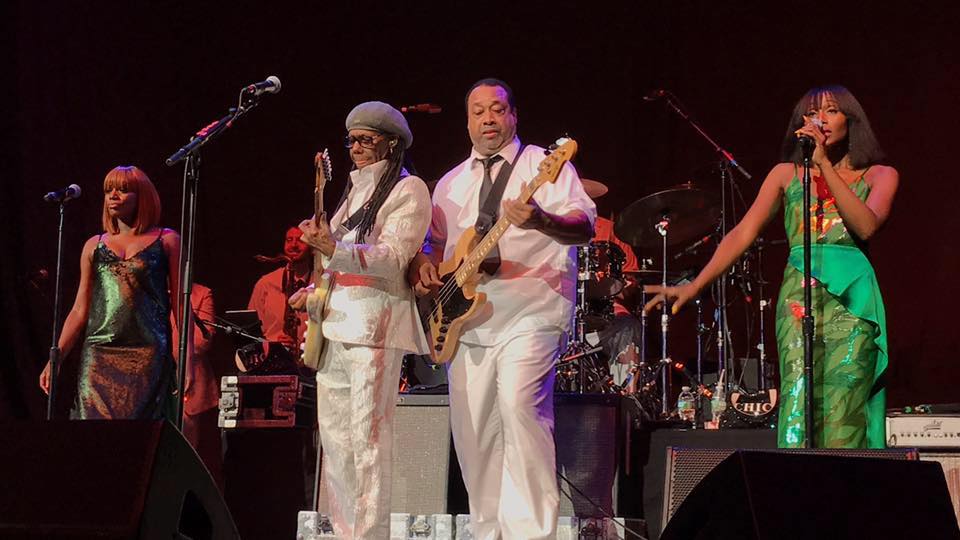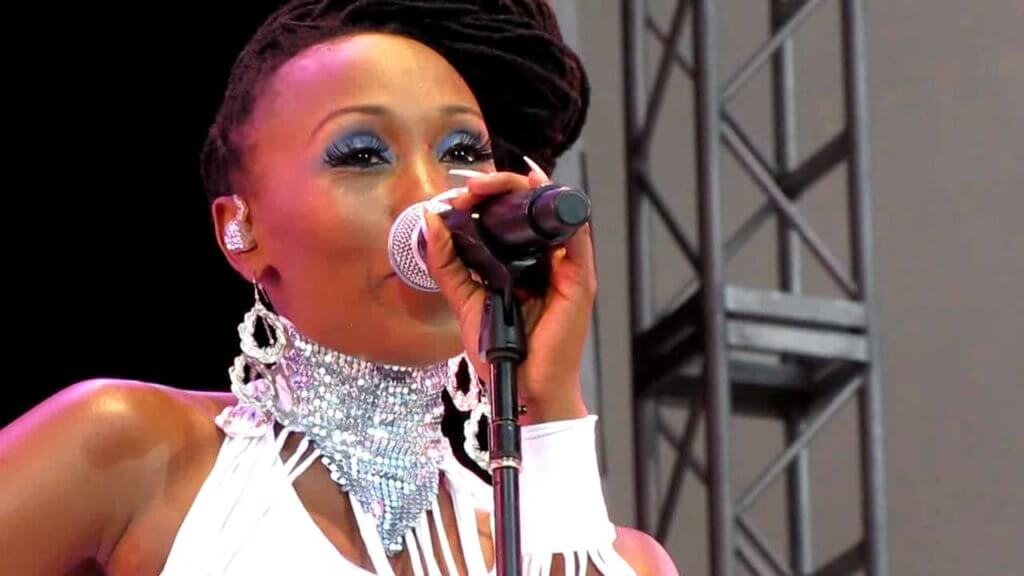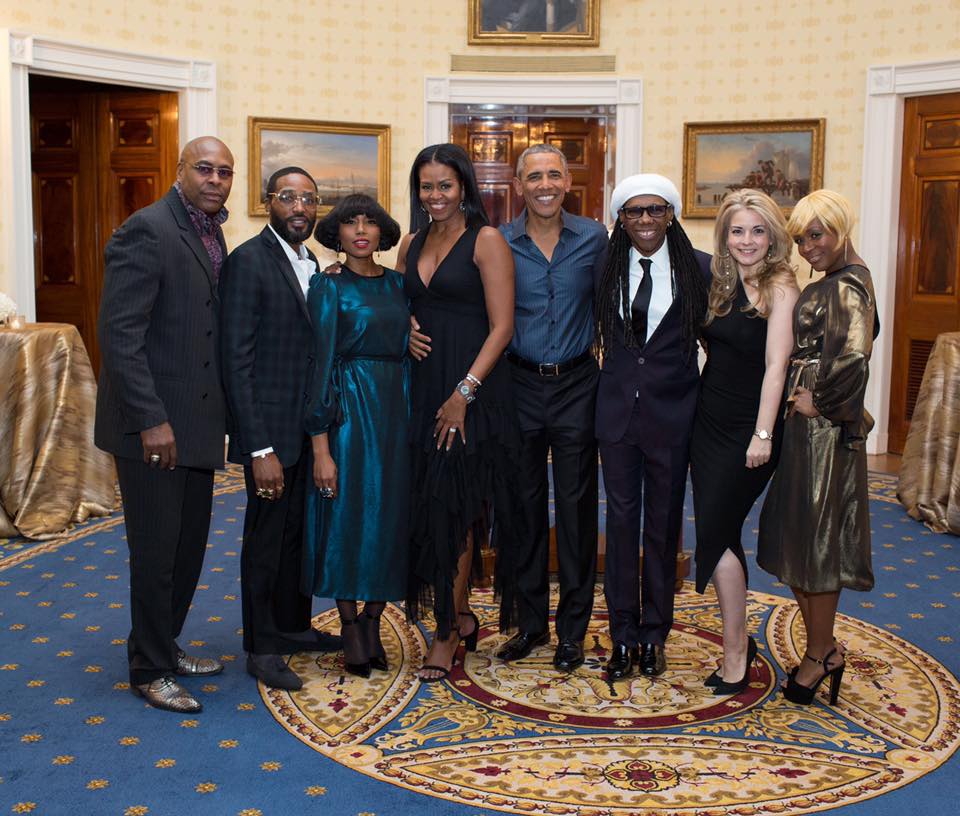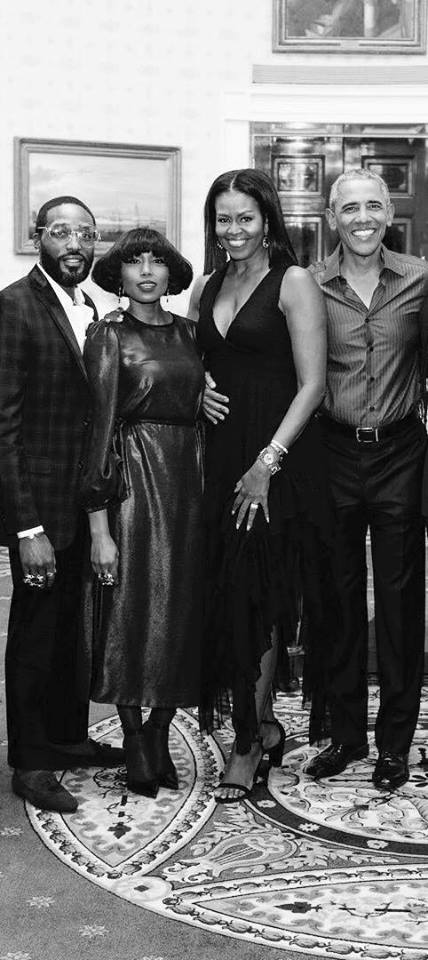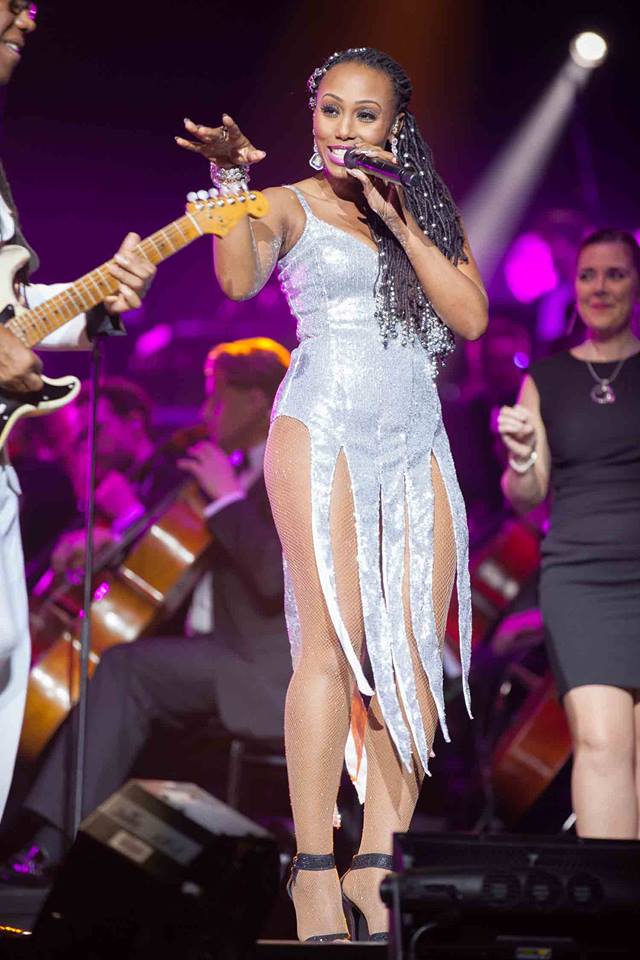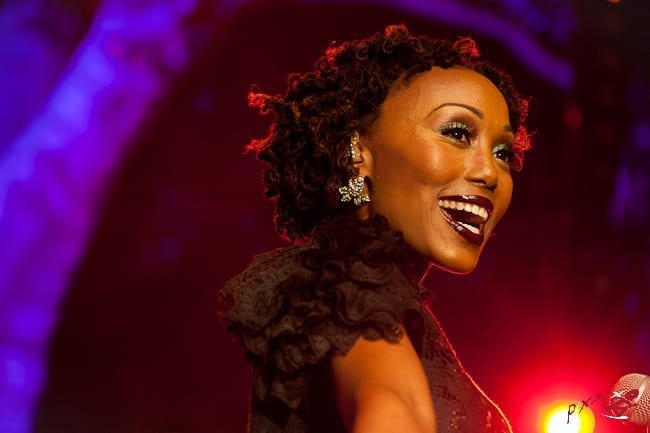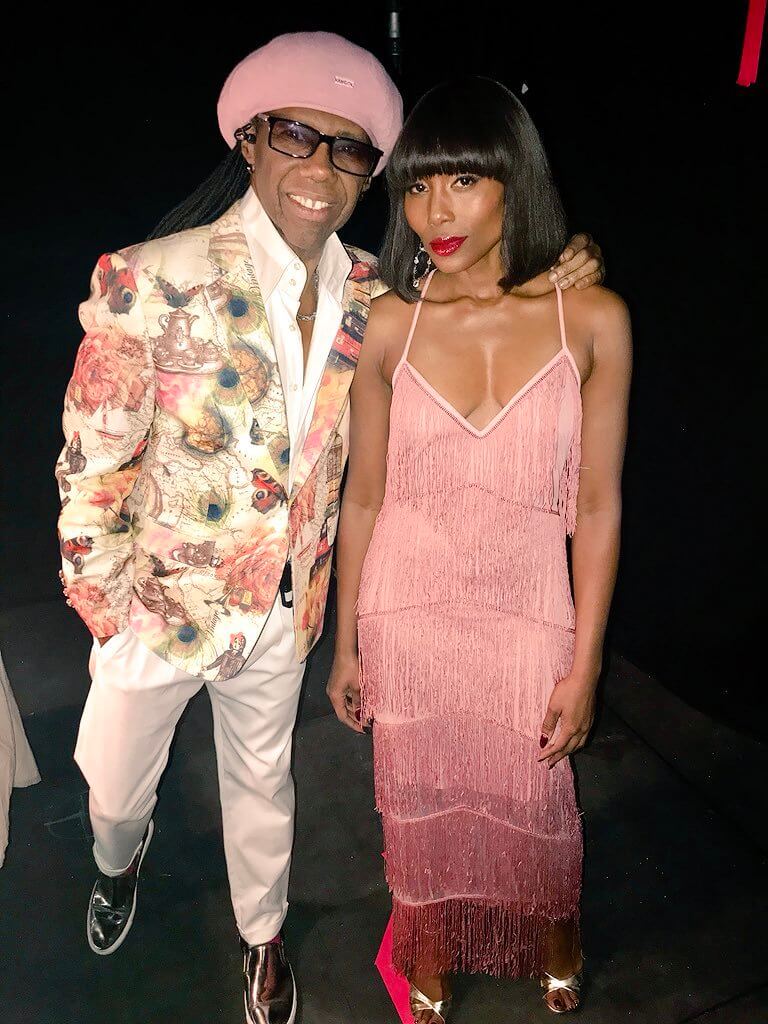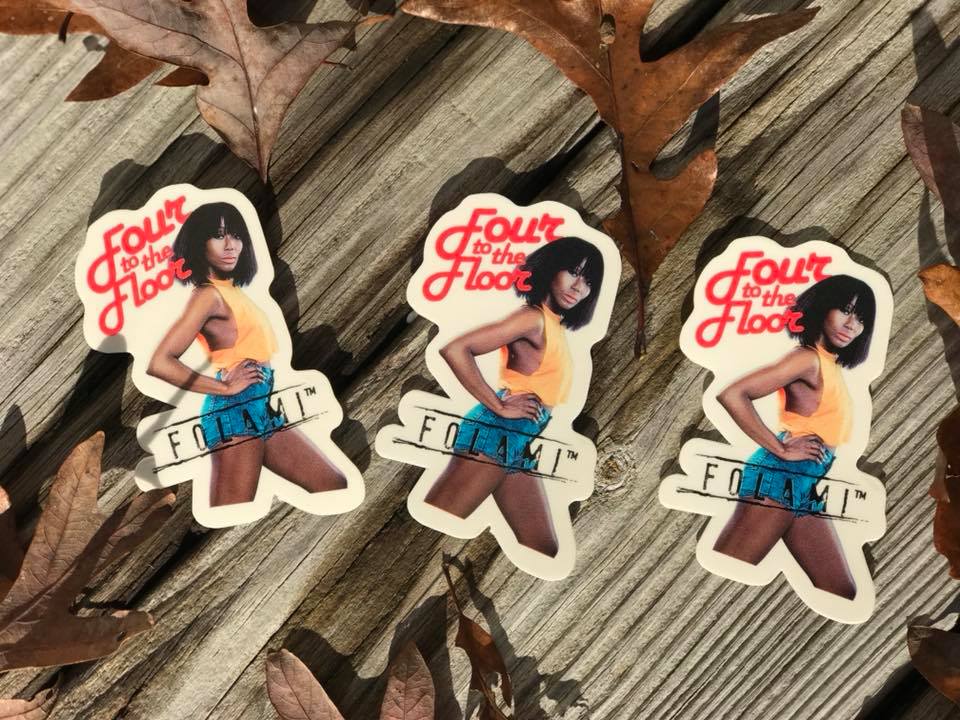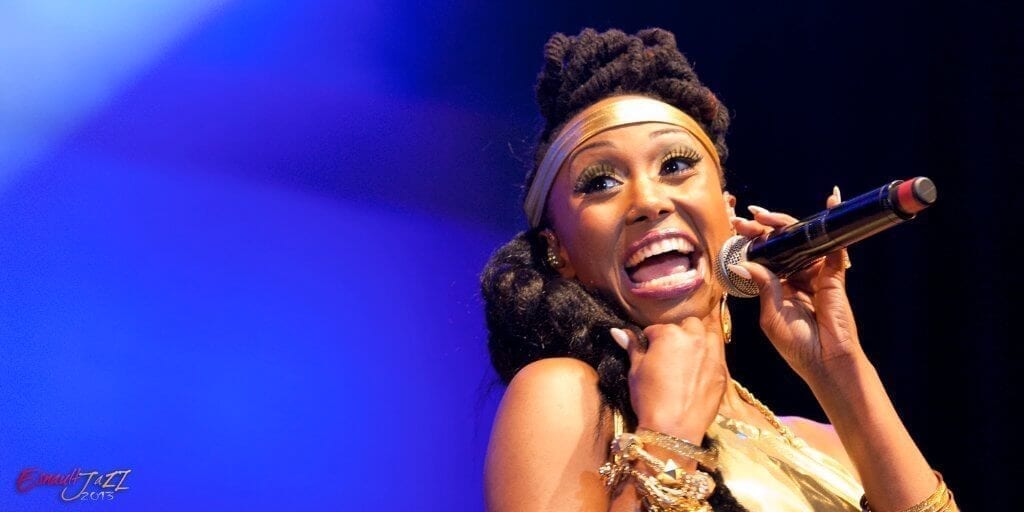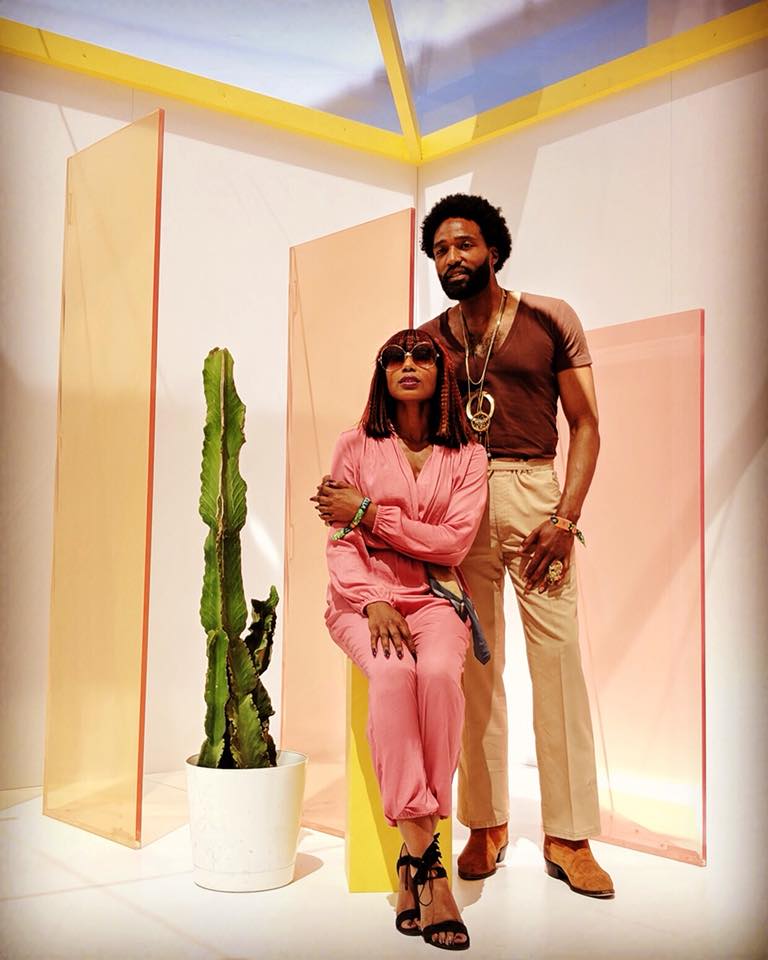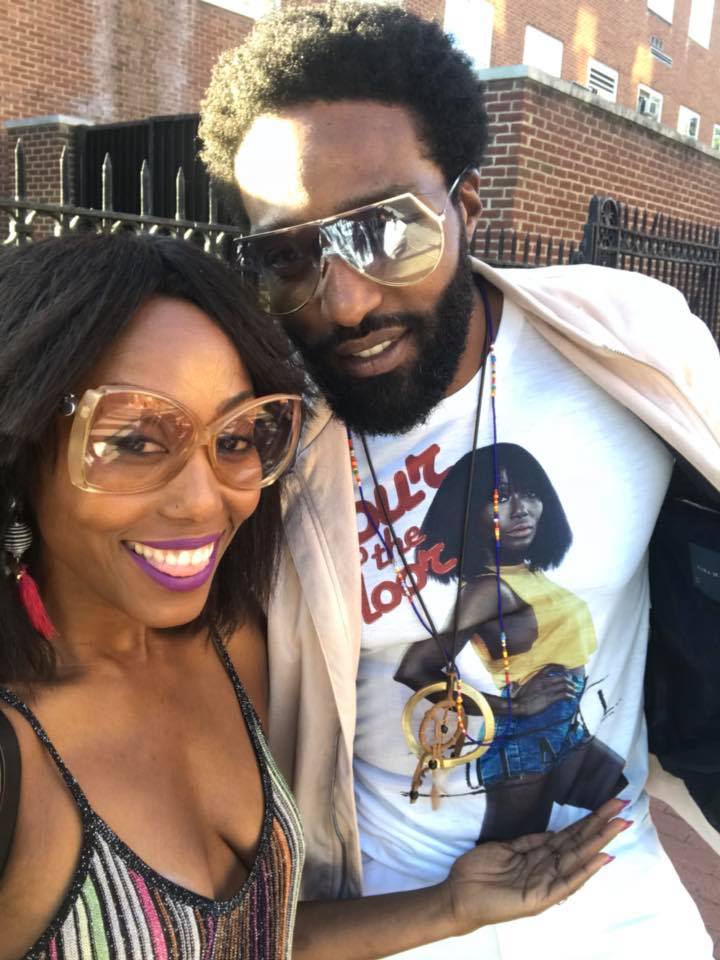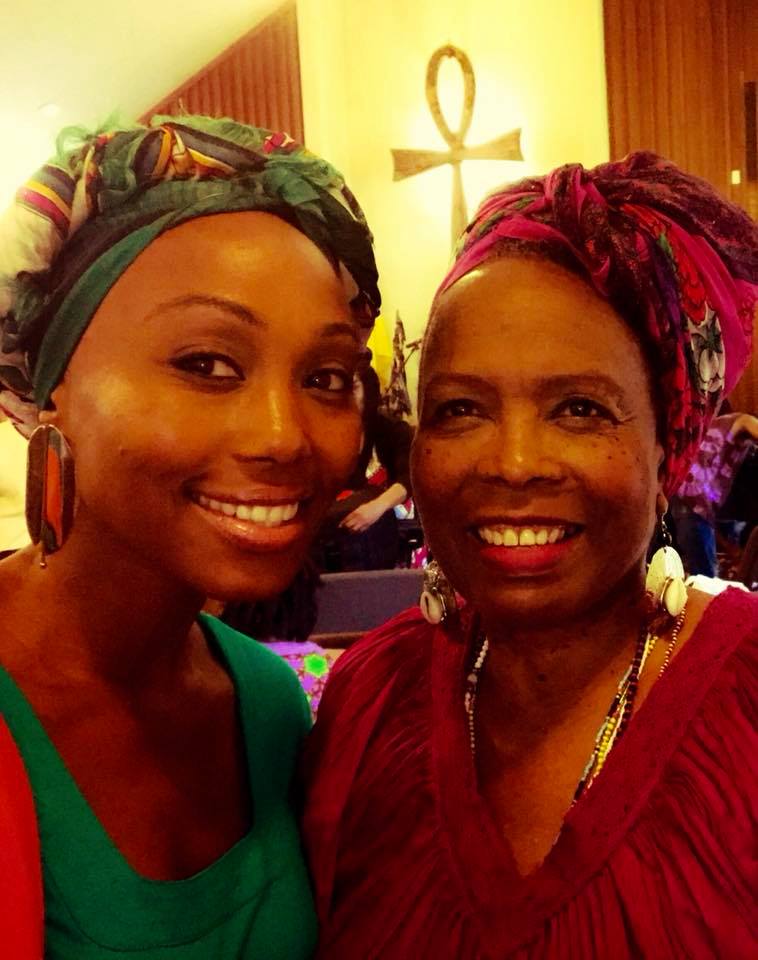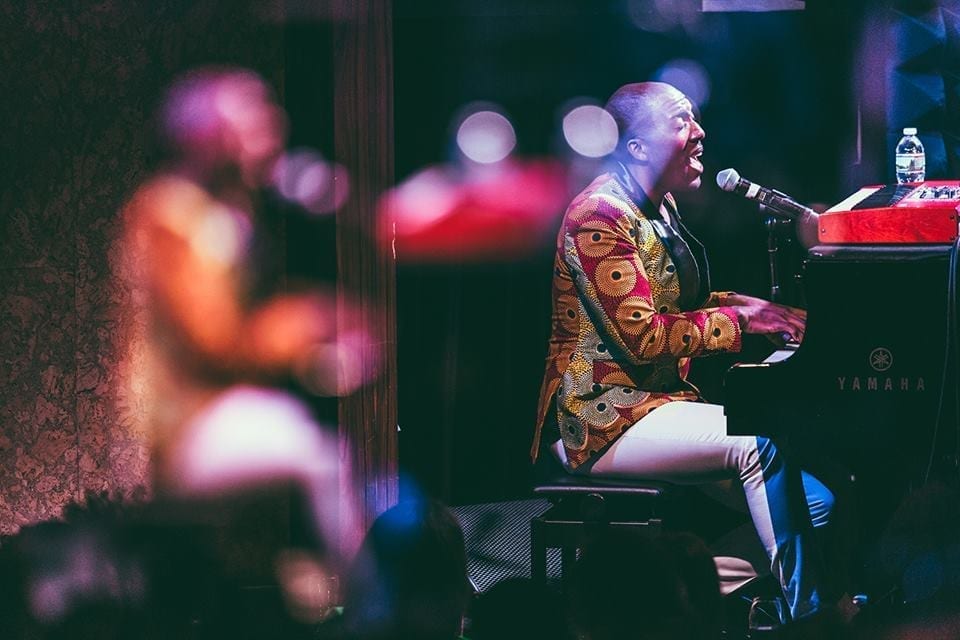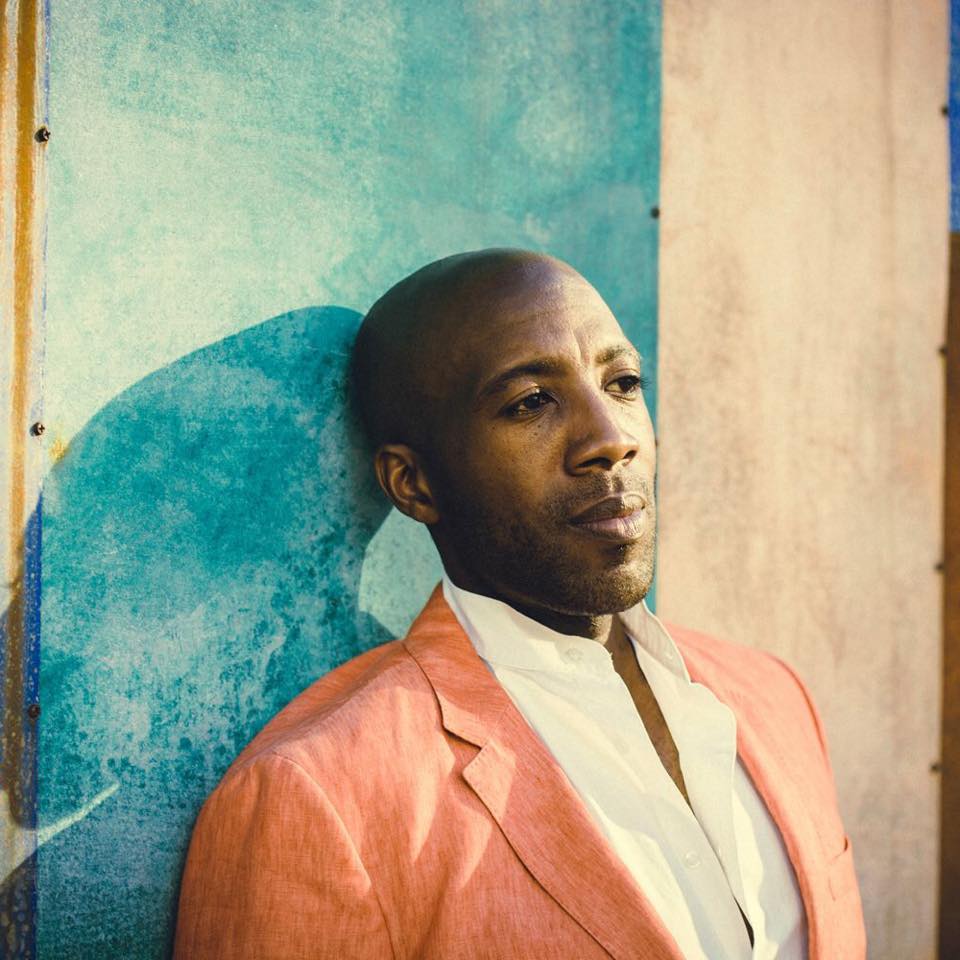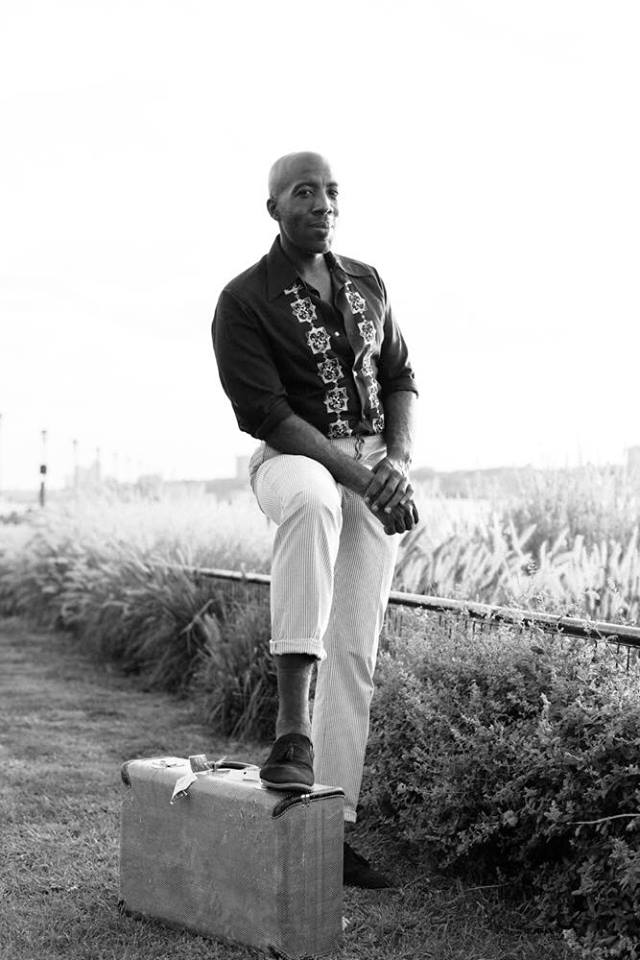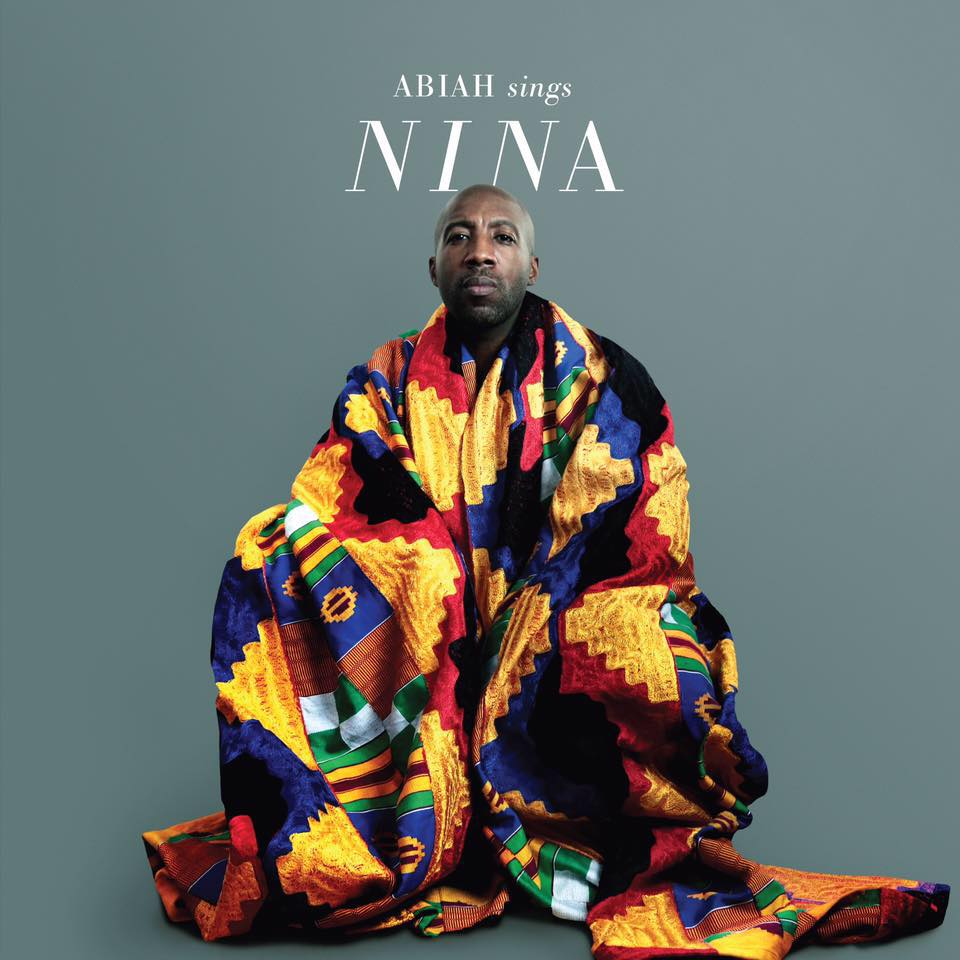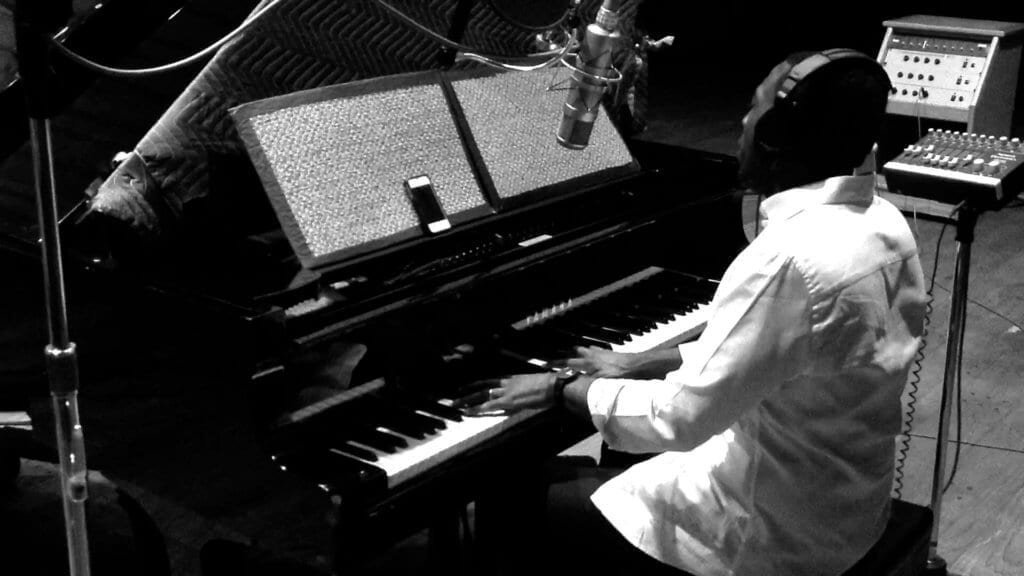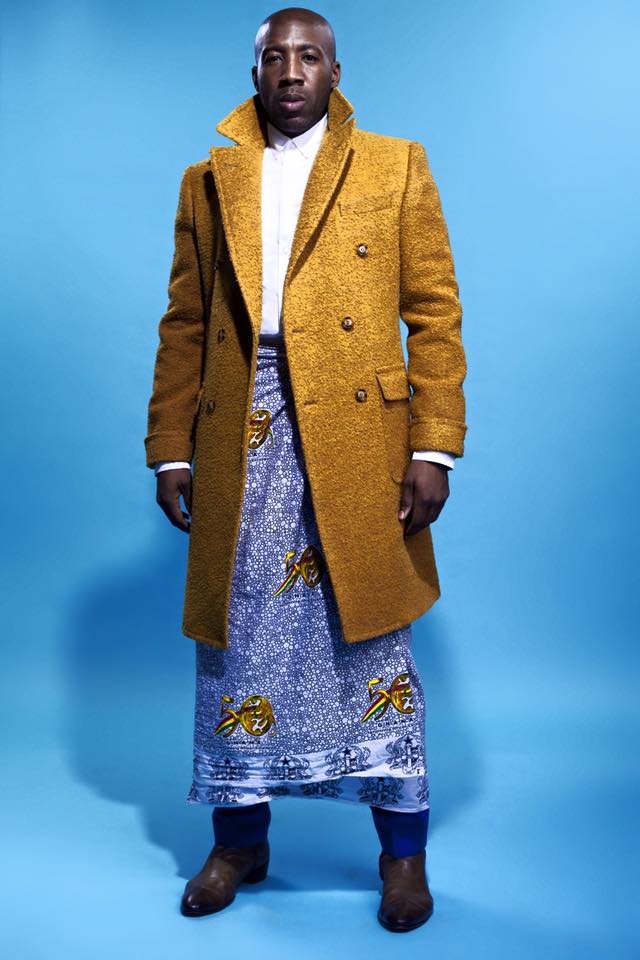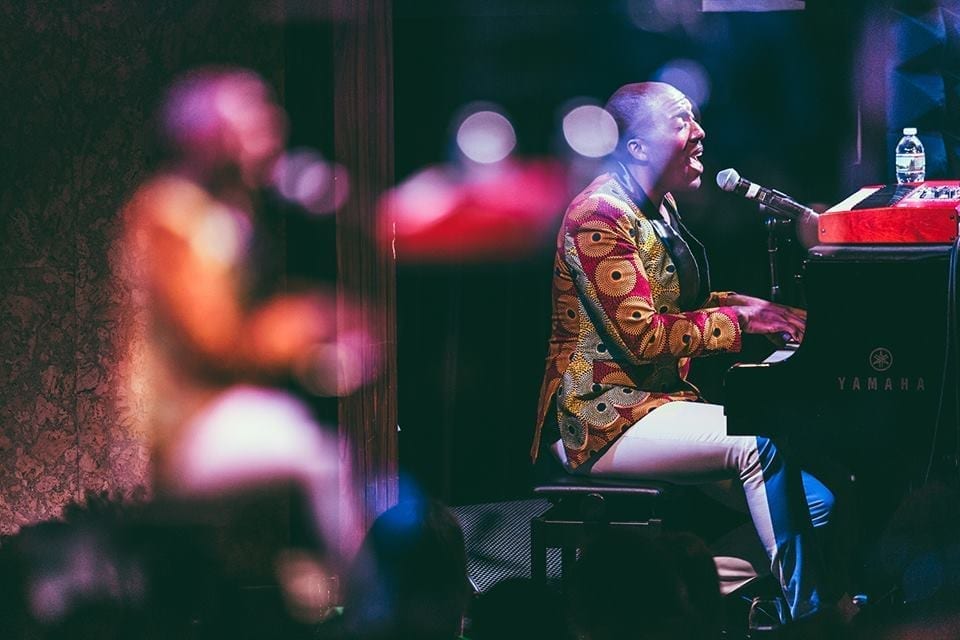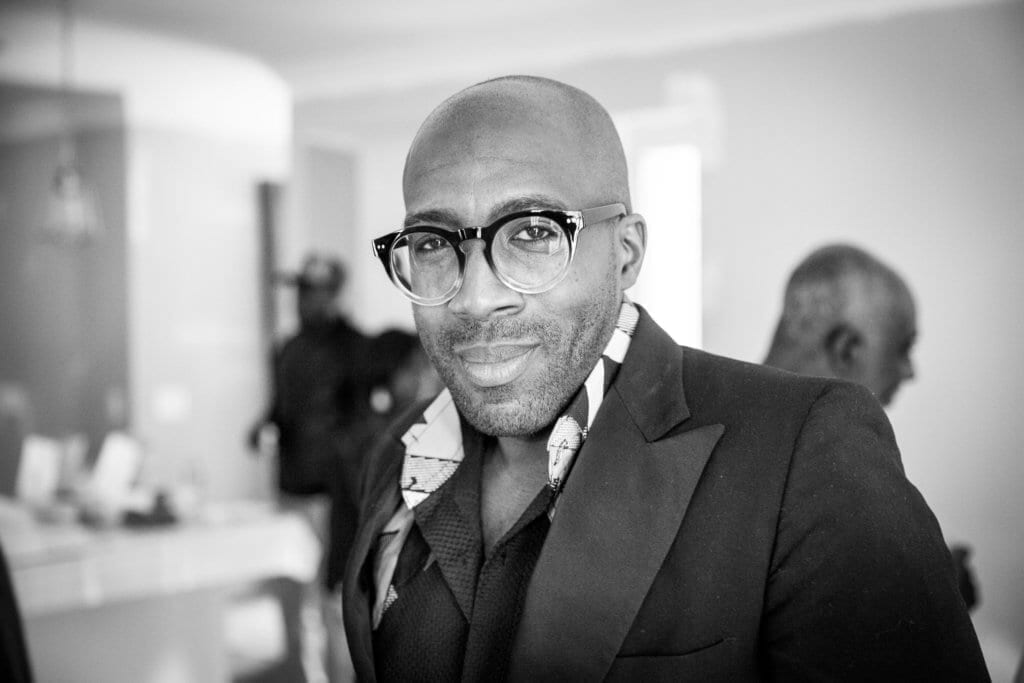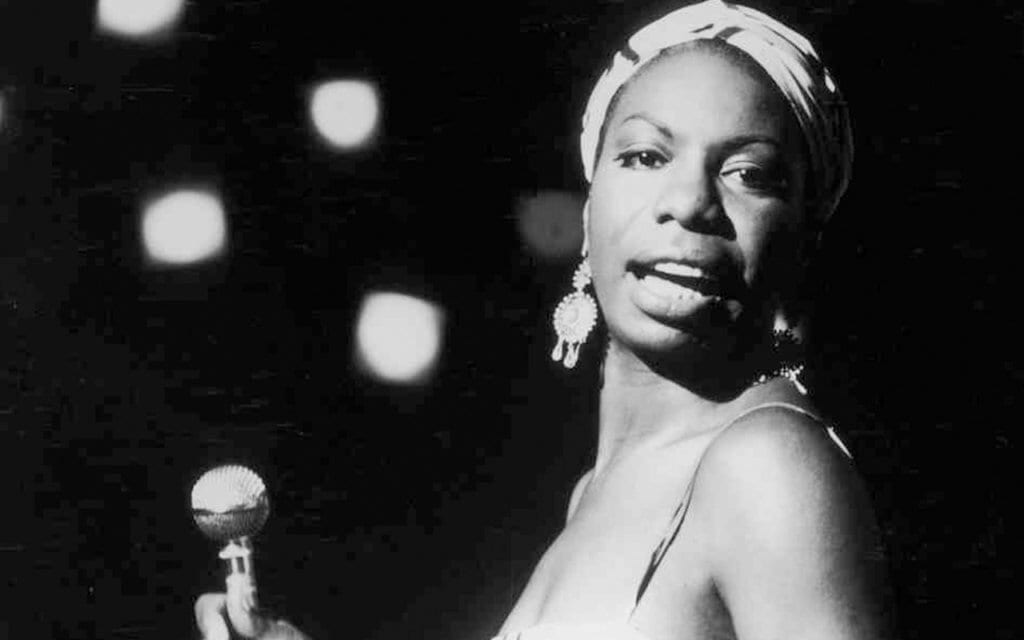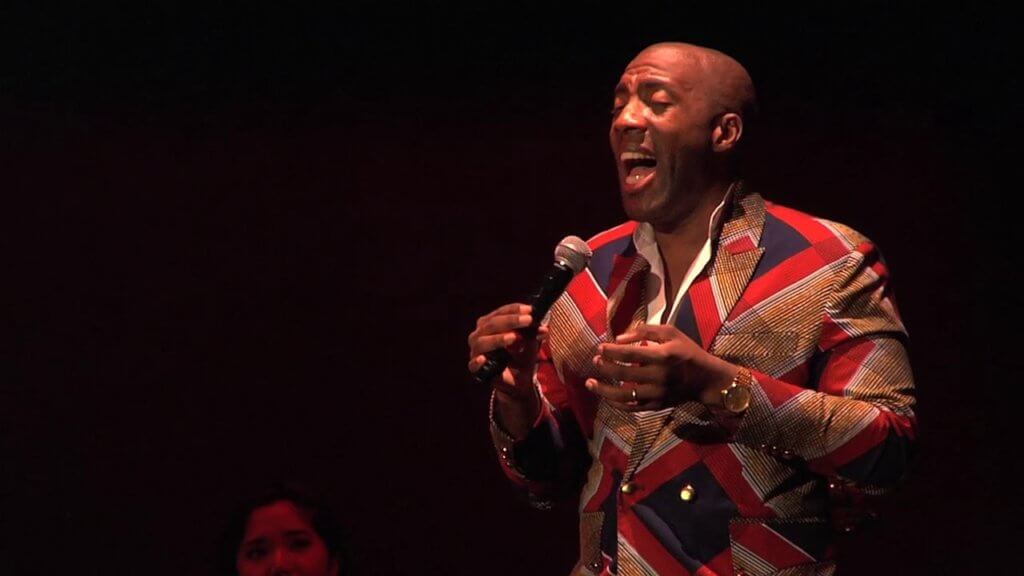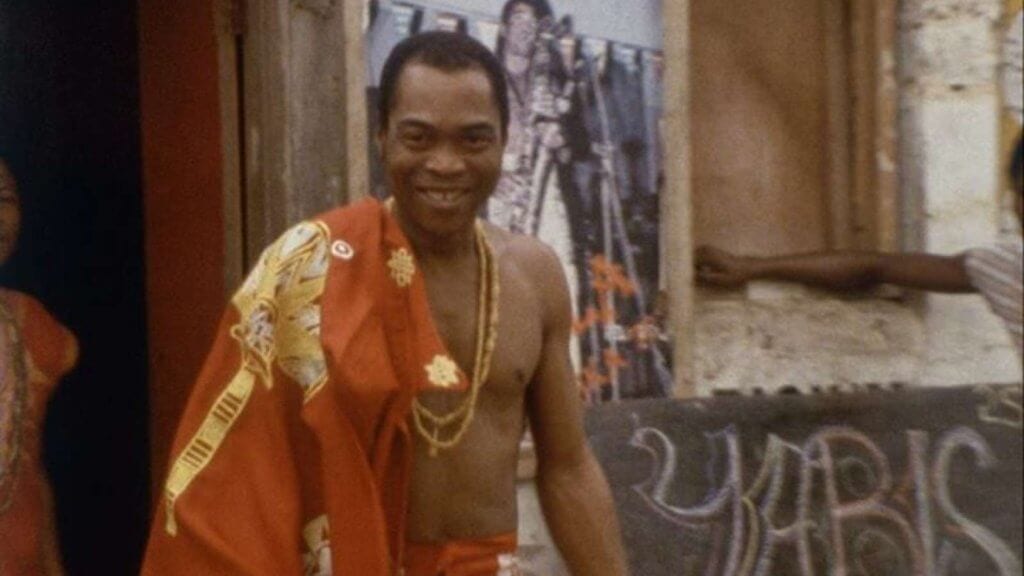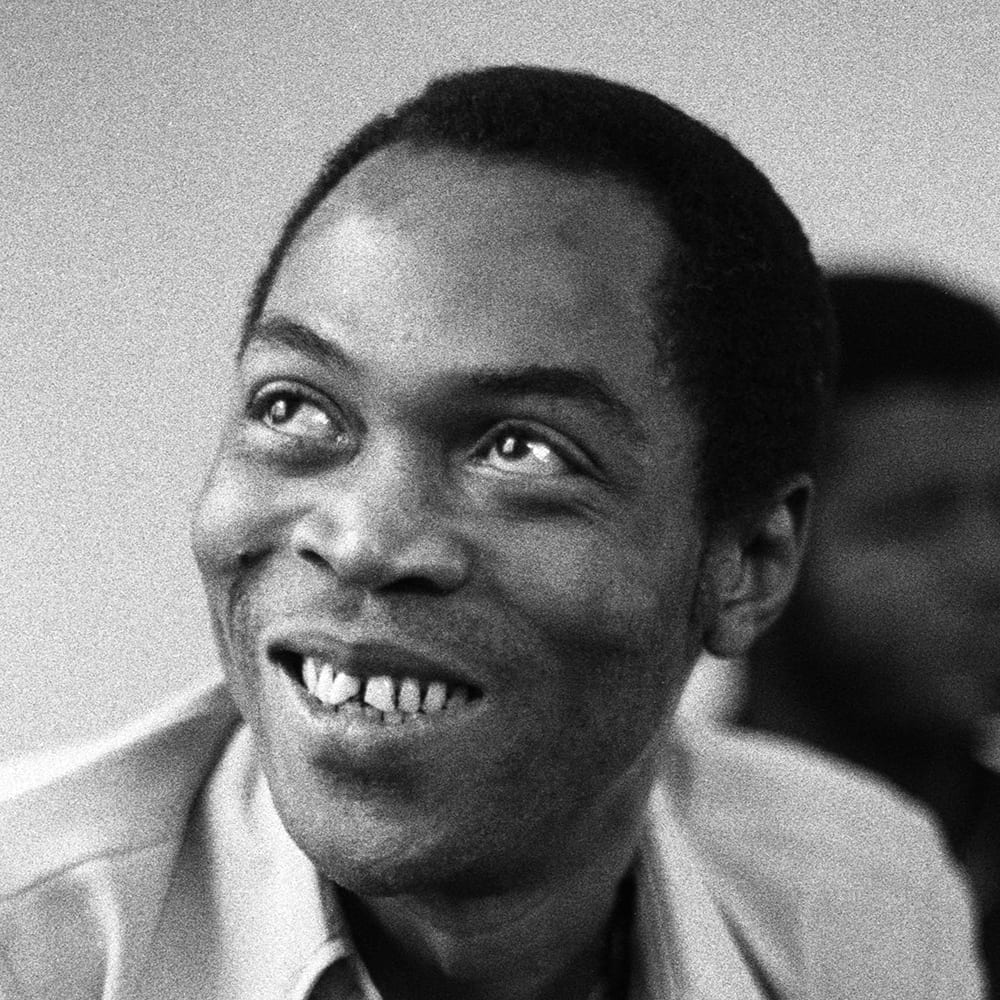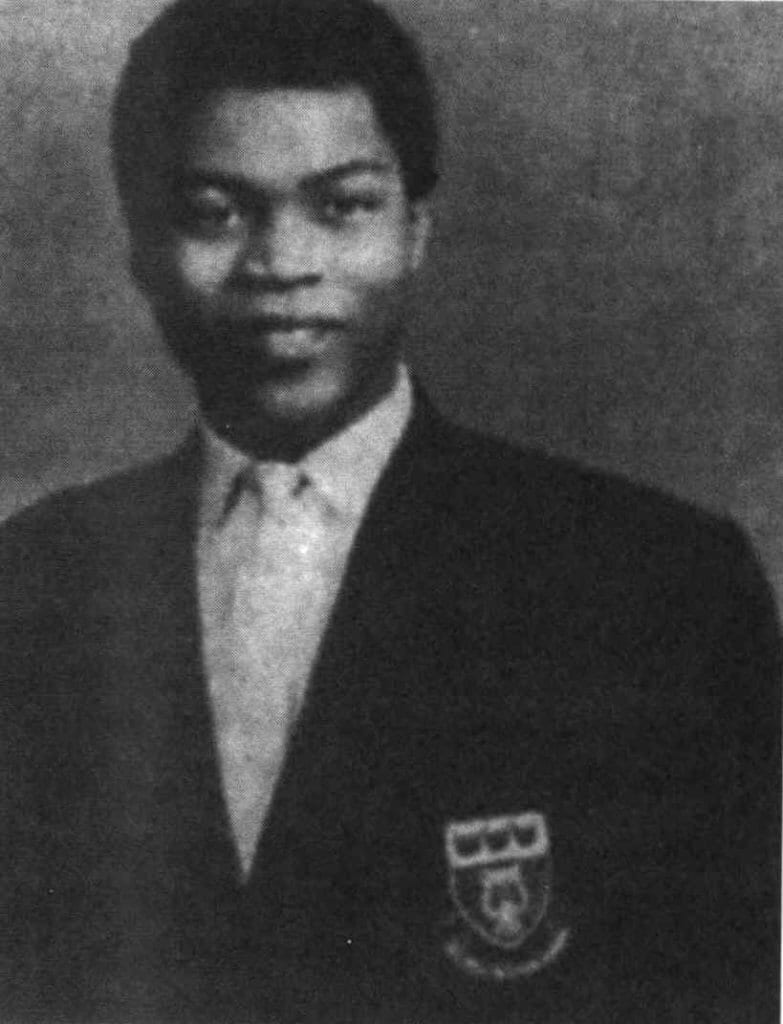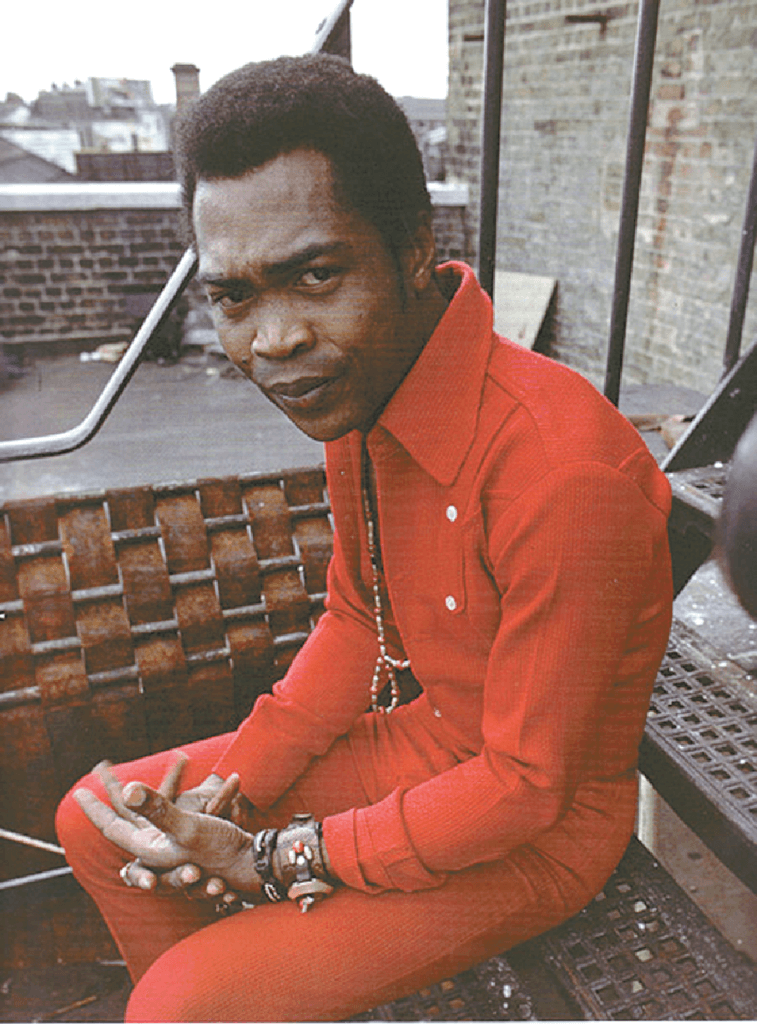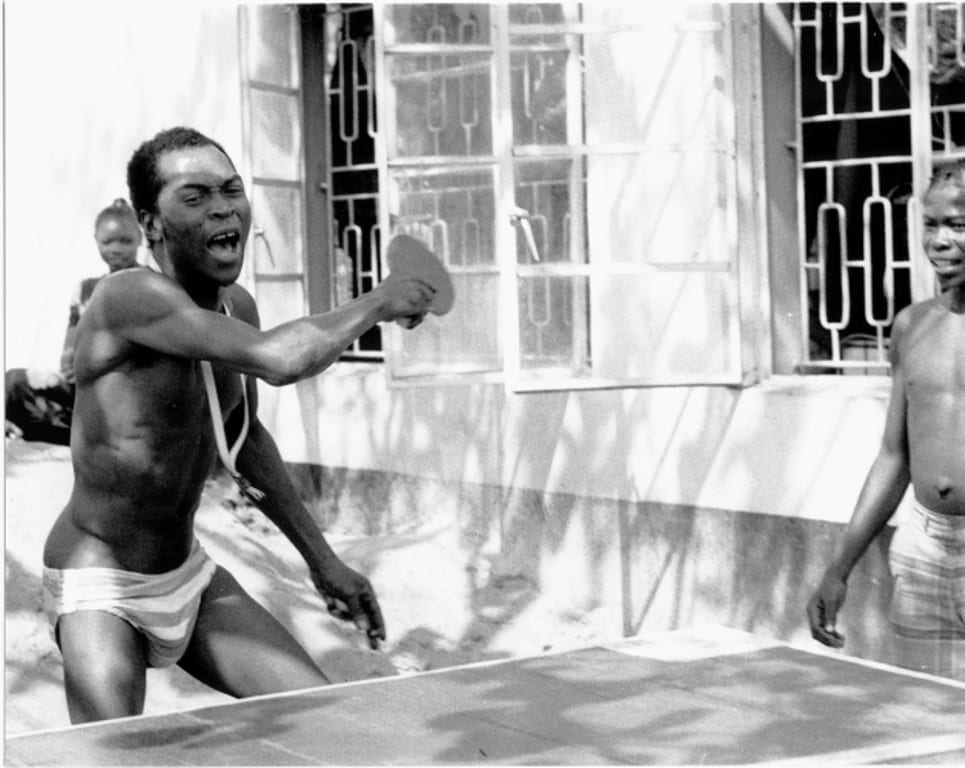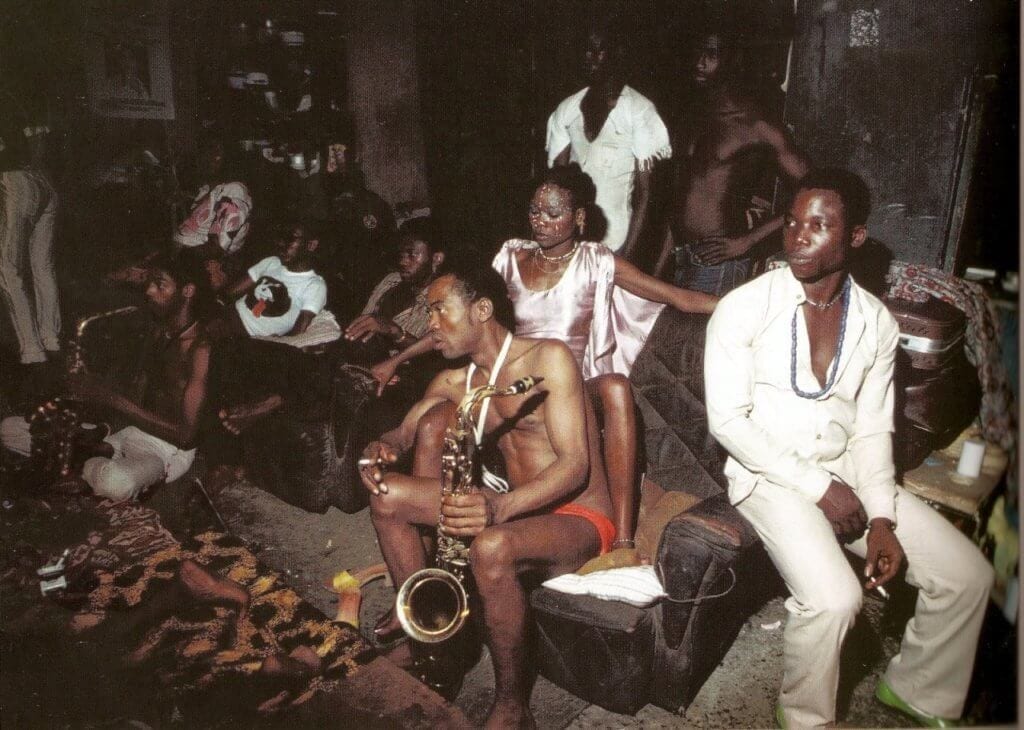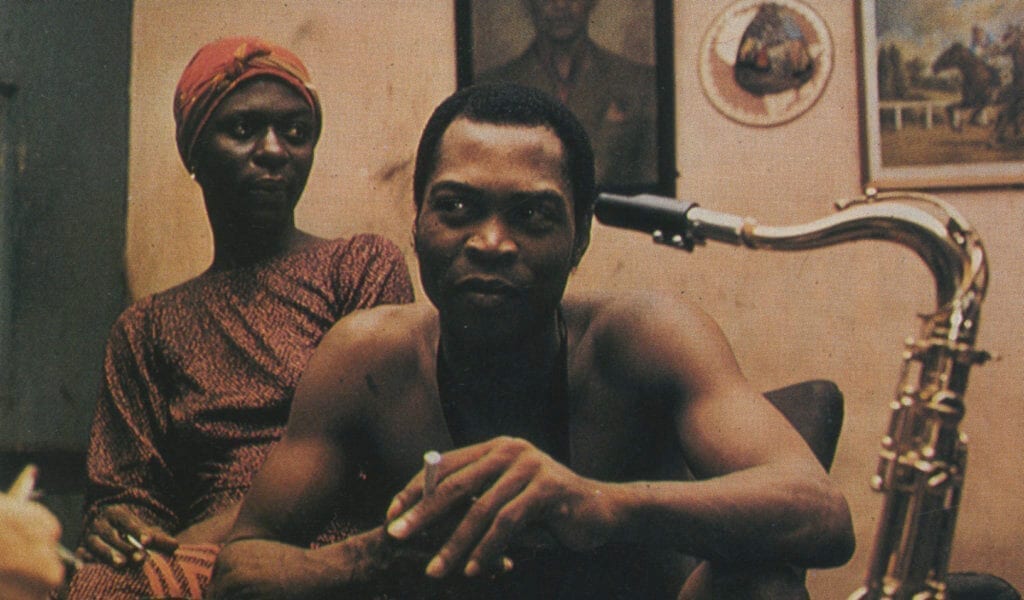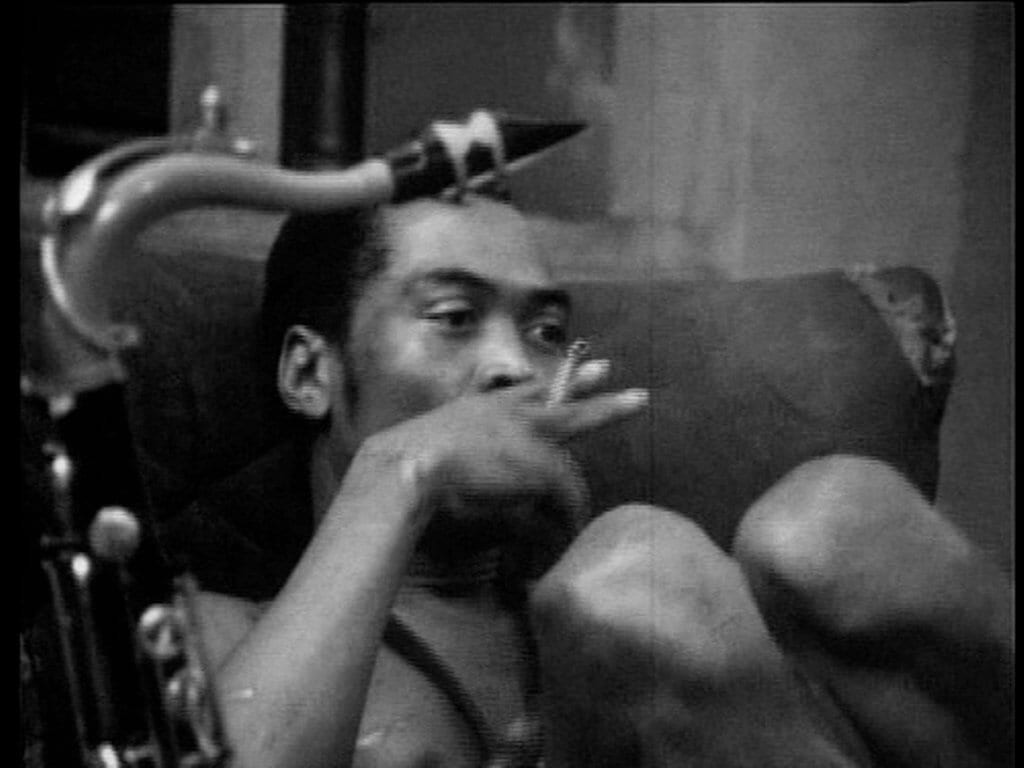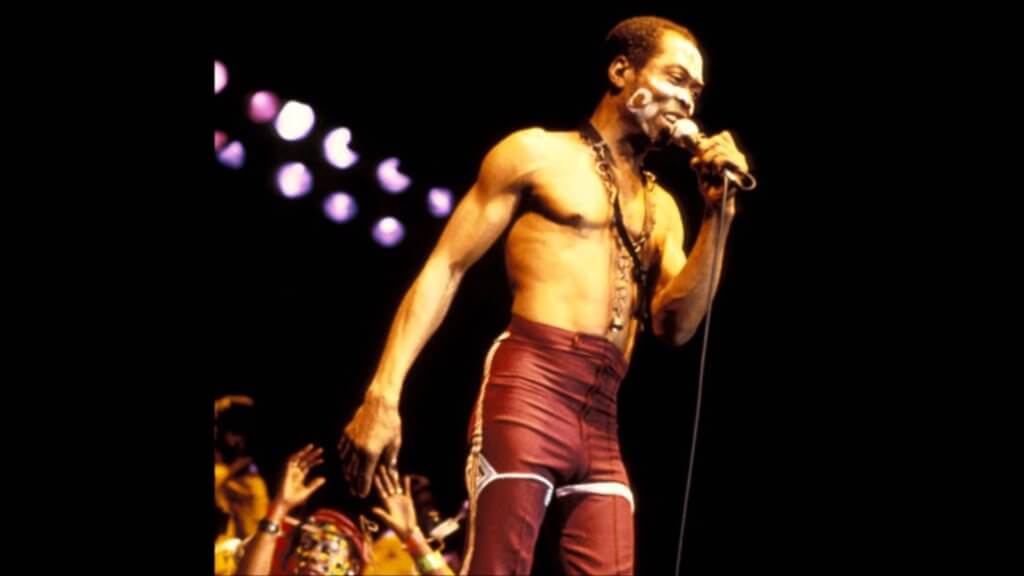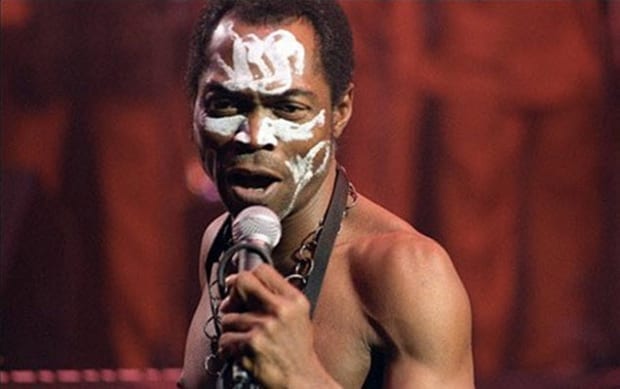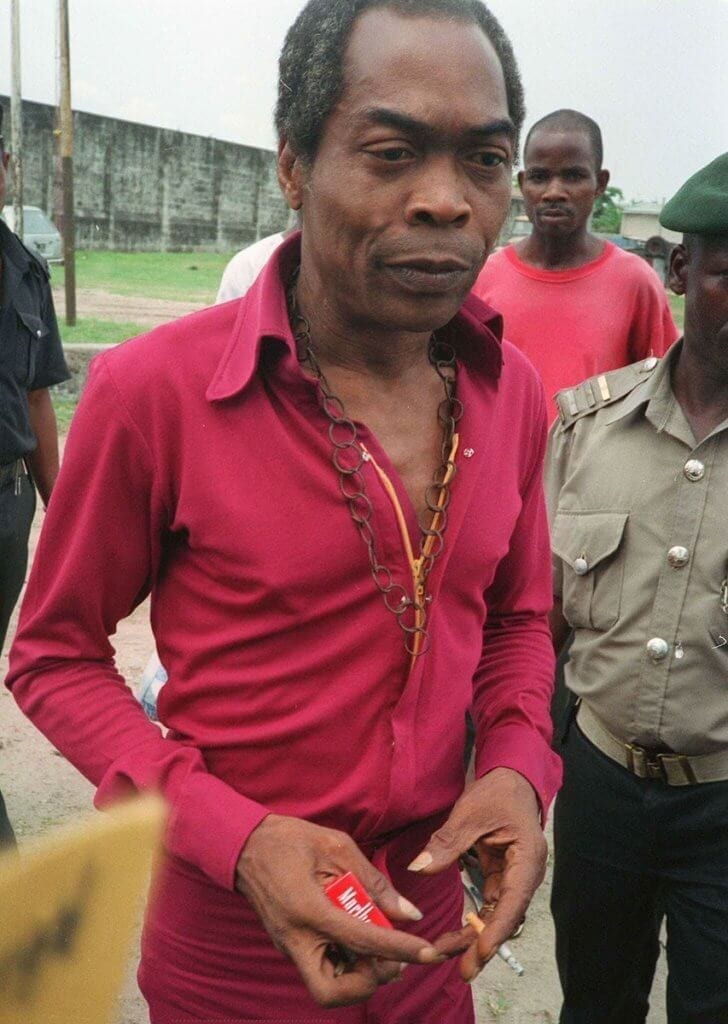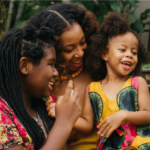Last night I clicked on an old video interview Nipsey Hussle did discussing his business ventures. That video led me to another and then another. I’ve always been impressed by his drive and focus.
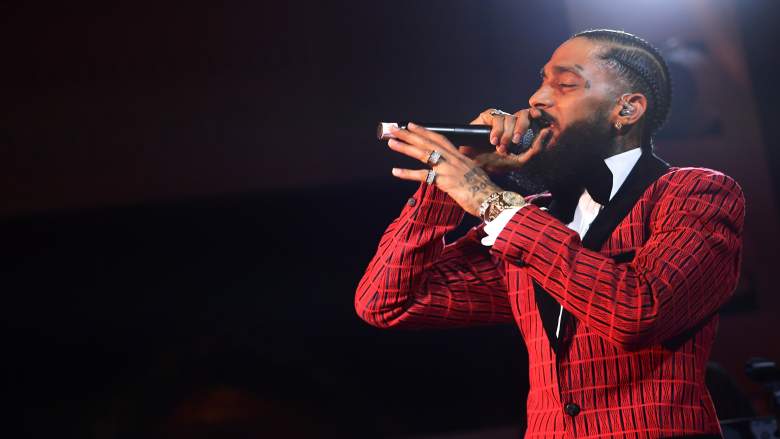
Now, he’s gone. My way of paying tribute and my respects to someone who I was inspired by, is to provide some insight into the business acumen and intelligence of a man with so much potential, gone too soon.
Favorite Nipsey Hussle Quotes
“It sounds simple telling people to work hard and never quit, but to really execute and demonstrate those principles takes discipline and faith. Those are the two factors that I believe separate the good from the great; the successes from the failures.”
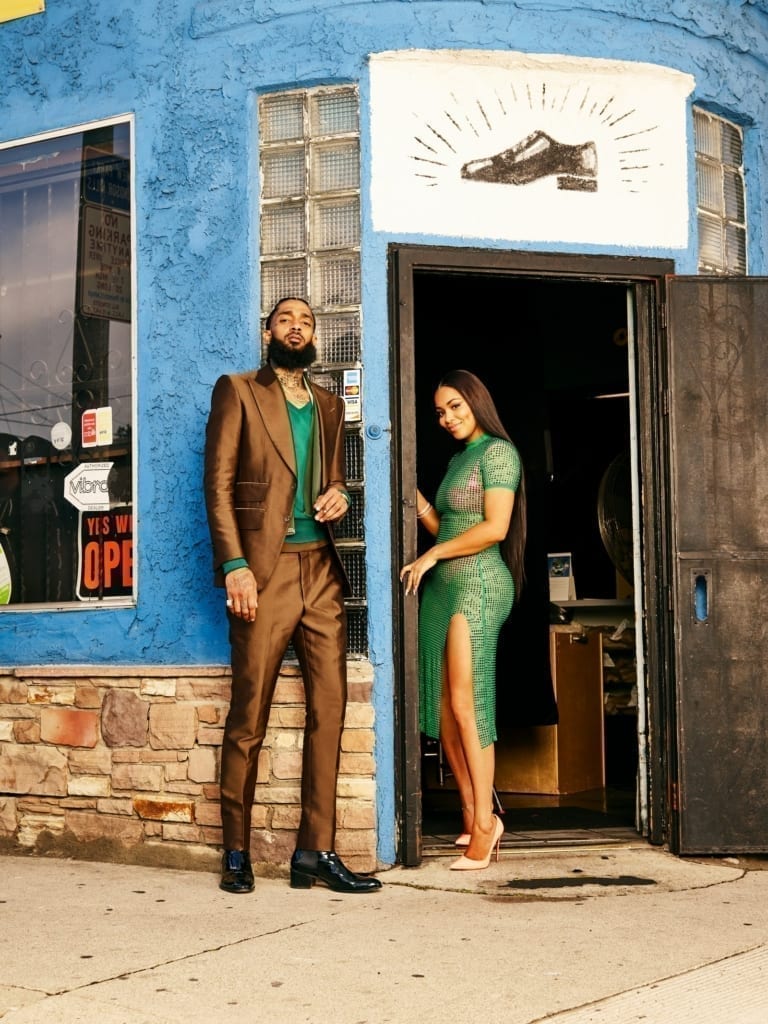
“Be truthful with yourself and other people, and try your best to make decisions outside of your ego.”
“You aren’t a true leader without the ability to be honest and take responsibility for your actions.”
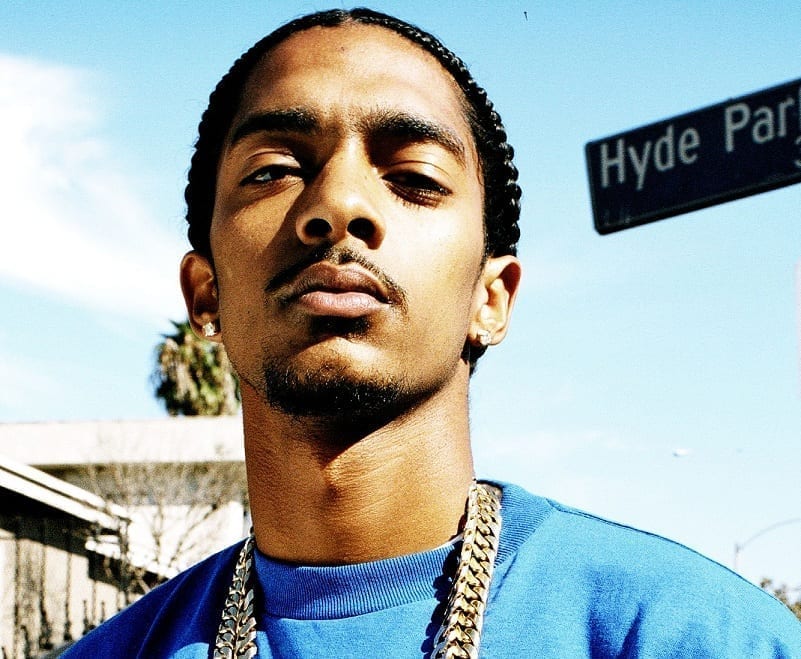
“It isn’t cool to be in the club spending all of this money, or having cars and jewelry — but you don’t own any real estate? You don’t own a fourplex? If the answer is no, you’re not a real hustler.”
“At on point I wasn’t proud of my lifestyle..Now I wake up knowing that I’m doing what I’m here to do.”
“I’m more focused on giving solutions and inspiration more than anything.”
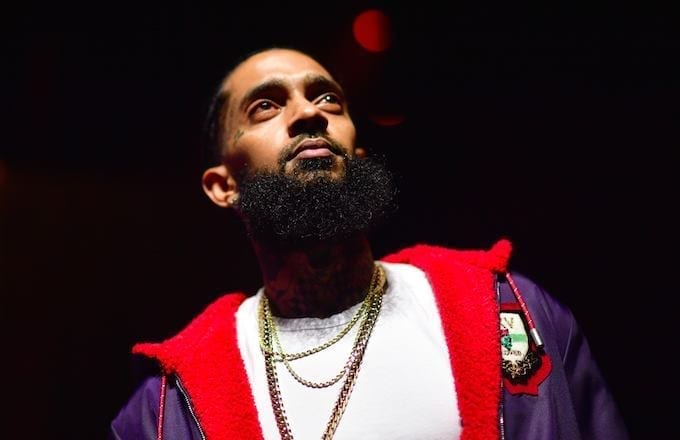
“When you start seeing the most successful people and the most respected people, the next step is figuring out how they became that…As far as respect goes, we have to stop respecting dumb shit. We have to return to old school principles.”
“We don’t want advances, we want equity. We don’t want one-off endorsements, we want ownership.”
“We’re creating an ecosystem, from production to consumption. Not only do we own the supply chain, but we can curate the experience. From the ownership of the actual master, to the retail experience and marketing the product, to consuming it. That’s the same model as Apple.”
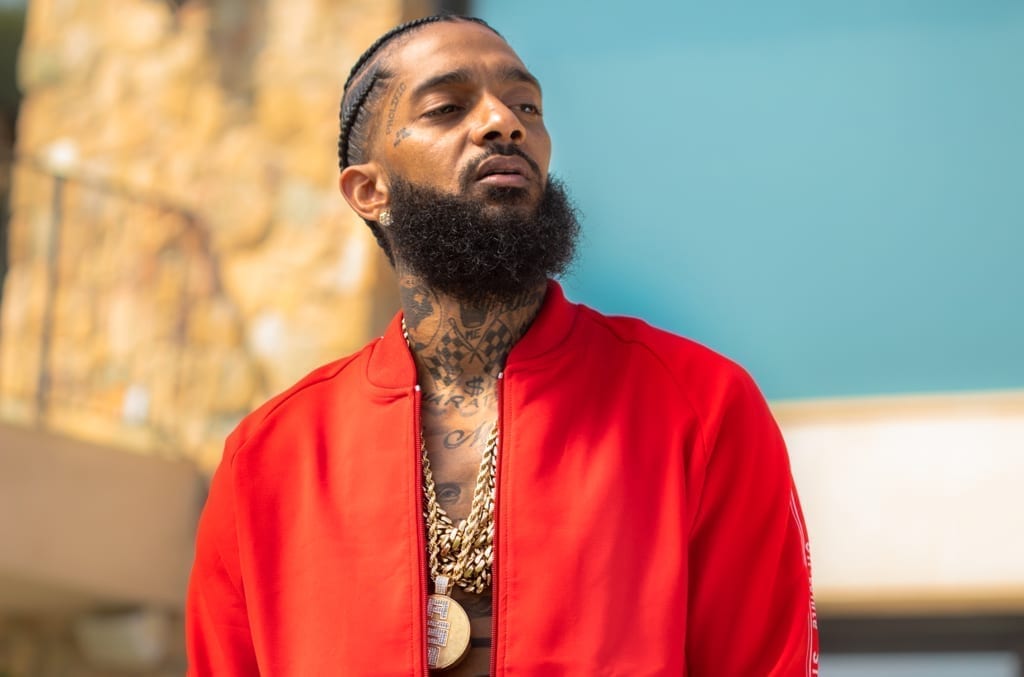
“The vision is to launch franchises. There’s such a narrative to this parking lot—that’s a part of my story as an artist.”
“Have a plan. Have a step by step list of things to do to get to your goal. If you don’t have that, its hard to have faith in what you’re doing.”
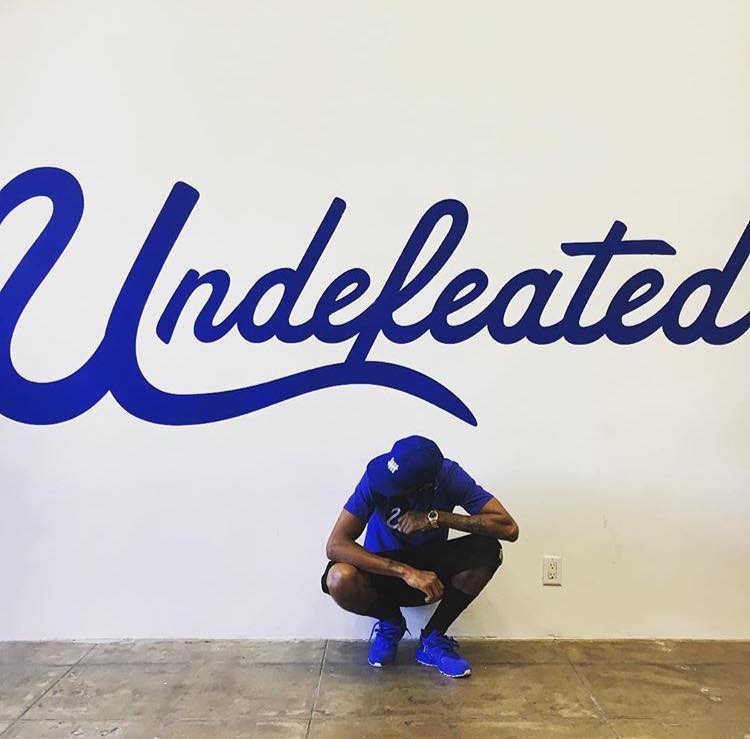
“I’m focusing on the music, but I still got a cold library of books that I’ve either read or I plan on getting to.”
RIP NIPSEY HUSSLE
-Tony Oluwatoyin Lawson (IG@thebusyafrican)

